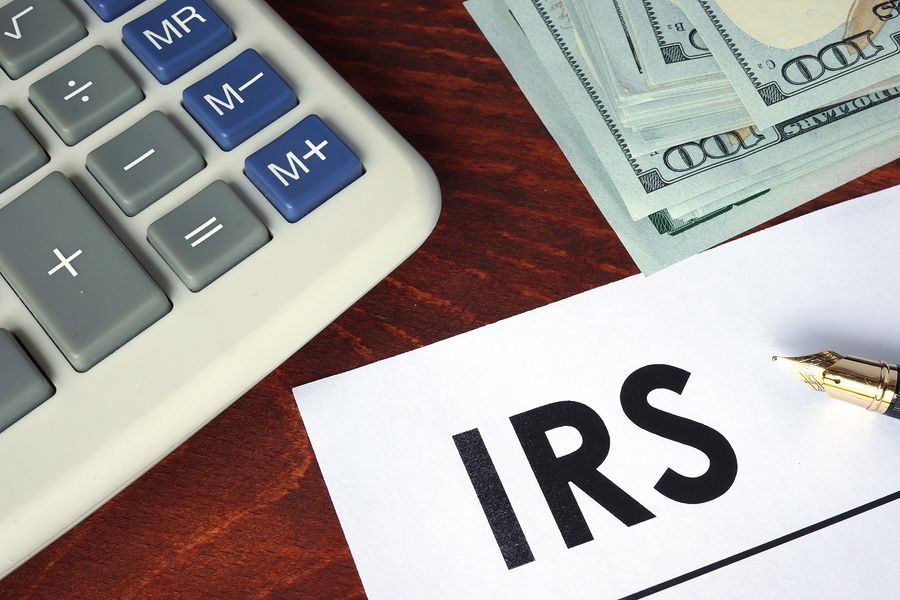When moving abroad, many prospective expatriates are often concerned about their American tax liability? Will you have to report your income to the IRS? Do you have to pay taxes? To put it plainly, yes.
You will have to file taxes with the IRS if you are an American living abroad. Your tax liability to the U.S. will remain as long as you are an American citizen. That said, expats do get certain tax benefits because they live abroad, in addition to those available to domestic citizens. For example, expats can exclude a large portion of their foreign earned incomes from taxation in the United States. If you are an expat, you must submit your annual return to the IRS by Tax Day. Expats are eligible for automatic two-month extensions on submitting tax returns.
Call the tax CPAs for American expatriates at US Tax Help today at (541) 362-9127.
Do I Have to File Taxes with the IRS as an American Living Abroad?
If you have recently moved abroad and are unsure of your tax liability, whether to your new country of residence or to the IRS, it is important to figure it out as soon as possible. One thing is certain: you will still have to file taxes with the IRS even if you live overseas.
The United States follows a citizenship-based taxation system. This means that any citizen of the U.S., regardless of whether they live in America or not, has to report their income to the IRS each year. So, you will always have a tax liability as long as you remain an American citizen.
Filing taxes with the IRS while living abroad can be challenging, and our tax CPAs for American expatriates can provide the assistance expats need come tax season. In addition to paying taxes to the IRS annually, you might also have to report your income and pay taxes to the foreign country you live in. And depending on your outstanding ties to your previous U.S. state of residence, you might have a state tax liability for some time as well.
If you do not file your taxes properly while living abroad or are unaware of your tax liability and fail to file entirely, you might receive financial penalties from the IRS. Usually, these penalties equate to a portion of your tax liability until you submit your return. In the event that expats never file their U.S. taxes while living abroad, they might even be subjected to jail time.
What IRS Tax Benefits Do I Get as an American Living Abroad?
Because the IRS will seek to tax your worldwide income, it is crucial that you understand the tax benefits available to you as an American expatriate living abroad. While expats can claim many of the same tax deductions as domestic citizens living in the U.S., there are some expat-specific tax benefits that can significantly lower taxable incomes and overall tax liabilities for expatriates.
Benefits for all Citizens
When you move abroad as an American citizen, you might still be able to claim some of the same deductions that you could when you lived in the United States. For example, expats can claim the standard deduction on their annual tax returns filed with the IRS. In 2023, the standard deduction for those filing individually is $13,850. For married couples filing jointly, the standard deduction is $27,700. In addition to the standard deduction, expats may be able to use other tax benefits, such as the child tax credit per qualifying child.
Benefits for Expats
In addition to being able to use many of the same tax deductions and credits available to domestic citizens in the U.S., expats can also benefit from tax perks specific to their situations. For example, the foreign earned income exclusion (FEIE) can be very valuable to expats. This allows expats to exclude a large portion of their foreign earned income from their taxable income when reporting to the IRS. In 2023, the FEIE for those filing individually is $120,000. For those filing jointly, the FEIE is $240,000. Depending on how much money you earn annually, the FEIE might allow you to exclude all of your income from taxation by the IRS.
There is also the foreign tax credit (FTC), which allows expats with a tax liability in their foreign country of residence to offset their tax liability in the United States. Essentially, every dollar you spend on qualifying taxes to a foreign country will be subtracted from your tax liability to the IRS.
When is My Tax Day as an American Living Abroad?
Living abroad can sometimes complicate things when it comes to tax season and submitting information to the IRS. As an expatriate, you will still have to abide by the same filing deadline for your annual tax return.
Technically speaking, most, if not all, tax forms completed by expats must be submitted to the IRS by Tax Day. That said, expatriates qualify for an automatic two-month extension, which usually ends in June, depending on the date of Tax Day for that year. Expats do not have to request this extension. If you cannot complete all of your necessary tax forms by the end of the two-month extension, you might qualify for an additional six-month extension. To get an additional extension, you must apply.
To avoid unnecessary extensions and filing days, expats can enlist our tax CPAs for assistance during tax season. Generally speaking, it is best practice to submit your annual return on Tax Day, regardless of where you live, so that you can ensure that you get all the tax benefits available to you as an American expat living abroad.
Call Our Tax Accountants for Help Today
Call the tax CPAs for American expatriates at US Tax Help today at (541) 362-9127.




